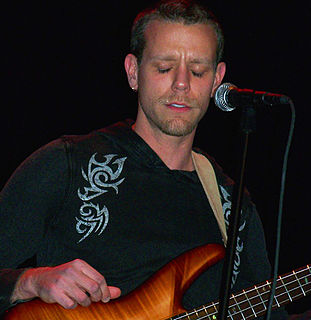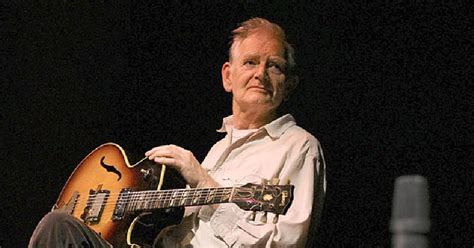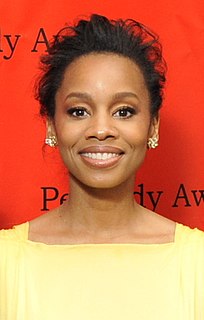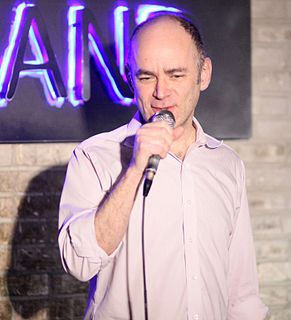A Quote by Adam Pascal
Any show that's bringing in a young audience is doing a good thing, because that's the only way that theater will continue to grow. All the other audience members are going to be dead soon!
Related Quotes
Undeniably, the audience for improvisation, good or bad, active or passive, sympathetic or hostile, has a power that no other audience has. It can affect the creation of that which is being witnessed. And perhaps because of that possibility the audience for improvisation has a degree of intimacy with the music that is not achieved in any other situation.
I never look at twists as a way to trick the audience. Obviously, I think a good story has surprises and unexpected turns, and you always want to do that with an audience. But it has nothing to do with conning them or making them believe so strongly in one thing and then kind of going the other way.
I think the New York theater audience is very savvy. Sometimes you get newbies who think they're going to be watching Smash onstage, and sometimes you have people who have been coming to theater for years. It's the combination of those people in an audience that makes for a pretty amazing night - their ability to give each other permission to react and enjoy, in a way that maybe they wouldn't if they weren't sitting next to each other.
I've had shows where you think, "Is this going well? I can't tell," and then you say goodnight and you get this ovation. They're sorta like a theater audience. I've learned that much; that they're not always going to be doing backflips - but I'll never figure it out. Because sometimes you walk up there, and they're so excited, and then other times, it's just... But sometimes an audience is bad, and you can tell them they're bad, and that sort of breaks the ice a bit.
All "bad" presentations struggle to keep the audience interested. The audience squirms wishing they could escape. The audience has given the presenter an hour of their life, so they want that hour to be useful. It's disrespectful of a presenter to not show up rehearsed and prepared with information and insights that will improve the lives of the audience in some way. Presenting will do only one of two things for you: it will either diminish your credibility or yield results. Most bad presentations hurt the presenter's credibility.
I only like the live audience. I don't even like to do standup where it's being filmed. Because it affects the way the audience responds to what you say, because it makes them uncomfortable. You have to perform in a light room, and I prefer a dark room. But I love to perform, and I don't really see myself doing any television at all.
Plays have a celebratory nature that no other form has. Theater always meant celebration, a birthday, a reward for good grades. I felt at home in a theater. I loved being part of an audience. All the rules - the audience has to see the play on a certain date at a certain time in a certain place in a certain seat.



































